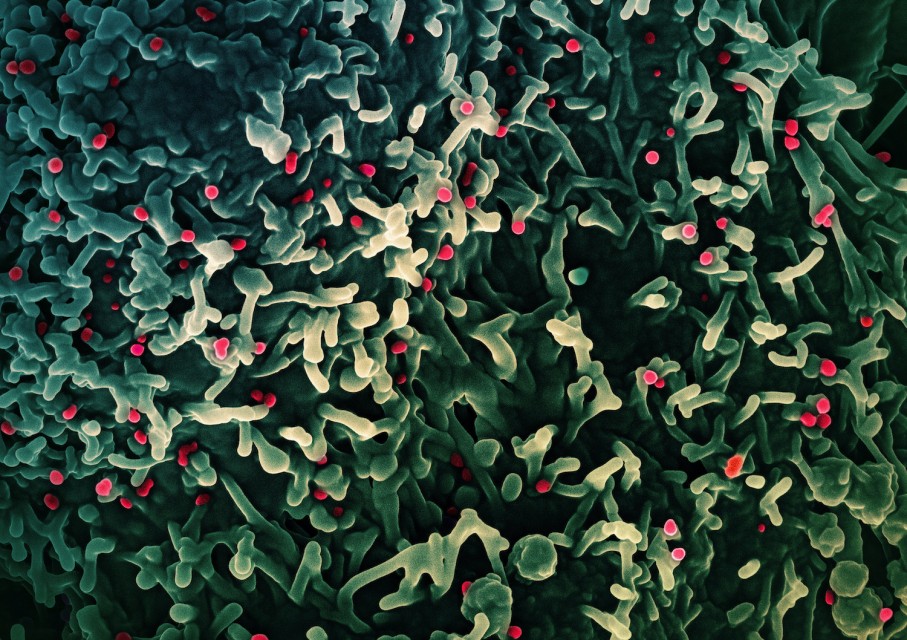

ISLAMABAD (Reuters) – One case of the mpox virus has been detected in Pakistan of the clade 2 variety, the country’s ministry of health said on Monday, adding that no cases of the clade 1b strain of the disease have been diagnosed.
Clade 1b has triggered global concern because it seems to spread more easily though routine close contact. A case of the variant was confirmed last week in Sweden and linked to a growing outbreak in Africa, the first sign of its spread outside the continent.
“As of now, there have been no reported cases of clade I in Pakistan,” said Sajid Hussain Shah, spokesman for the ministry of national health services.
The World Health Organization declared the recent outbreak of the disease a public health emergency of international concern after the new variant was identified.
The WHO last week sounded its highest level of alert over the outbreak in Africa after cases in the Democratic Republic of Congo spread to nearby countries. There have been 27,000 cases and more than 1,100 deaths, mainly among children, in DR Congo since the current outbreak began in January 2023.
Global health officials on last week confirmed an infection with the new strain of mpox in Sweden and linked it to a growing outbreak in Africa, the first sign of its spread outside the continent. The WHO did not urge any travel restrictions to curb the spread of mpox.
The disease presents with flu-like symptoms and pus-filled lesions. It is usually mild but can kill, and children, pregnant women and people with weakened immune systems are at higher risk of complications.
(Reporting by Asif Shahzad in Islamabad; writing by Ariba Shahid; Editing by Bernadette Baum)
